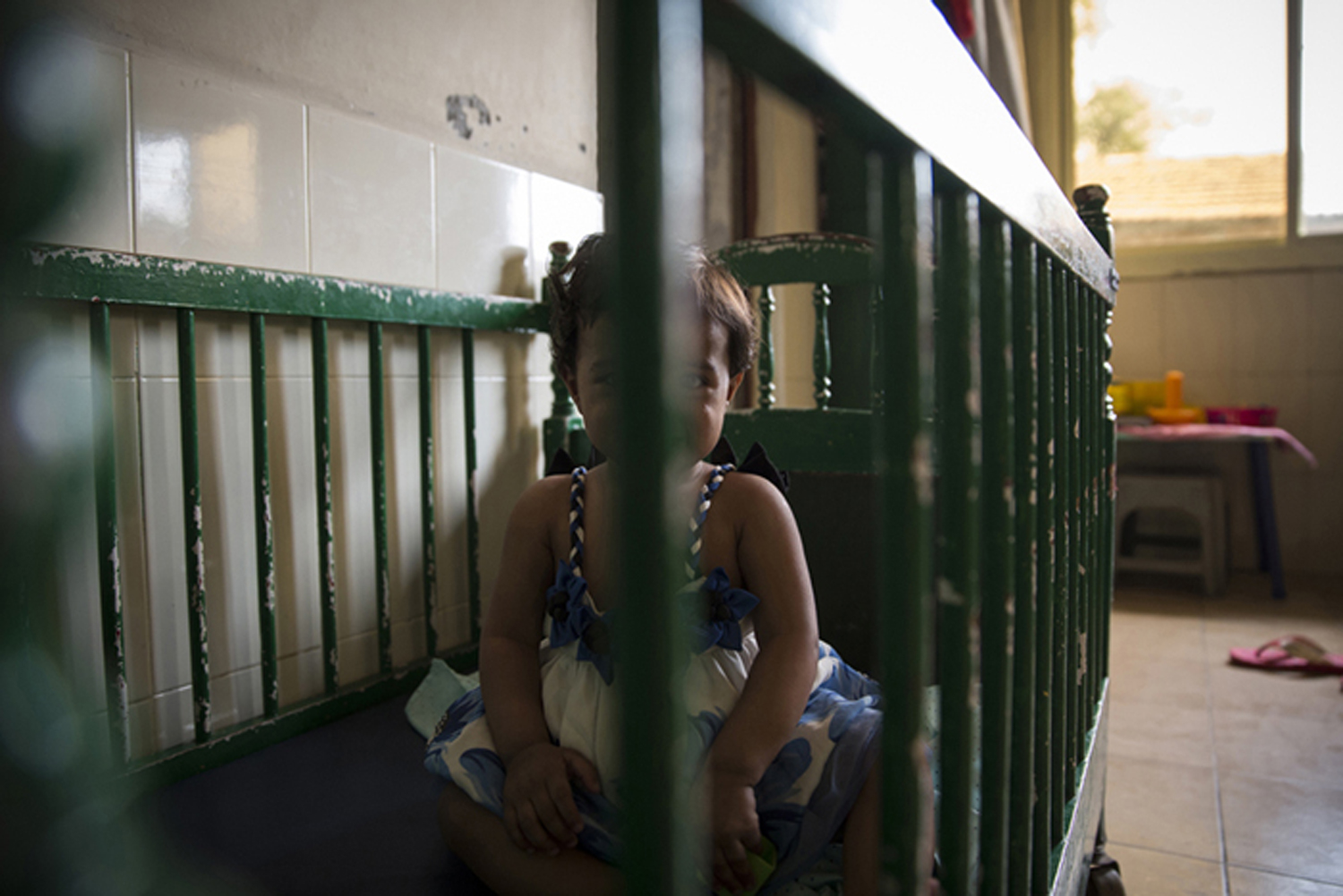Abandoned in cradles
By Faisal Magray
India is renowned for its female foeticide. A shocking number of baby girls are found dead or alive in bushes or even buried alive across parts of India. Babies in rural parts of India do not even see their first birthday due to malnutrition and harsh living conditions.
But a growing number of charities and children’s homes are implementing the cradle scheme. It’s an electronic cot that sits outside orphanages and hospitals and alerts staff when it has a new arrival. It also allows mothers to give up their baby without having to identify themselves. It has brought a ray of hope for vulnerable women in India, but also couples seeking to adopt.
Hospitals, orphanages and police stations across Delhi are overwhelmed with abandoned girls dumped in ‘baby baskets’ no longer wanted.
Adoption officials claim there are too many babies waiting to find forever homes, but a leading charity claim ‘baby baskets’ - where parents can leave unwanted children without fear of prosecution - are pivotal in ensuring the survival of these babies.
The illegal, yet widespread, practice of dowry, a financial transaction paid to the groom’s family at the time of marriage, is a chief reason parents may consider daughters a financial burden, preferring sons to daughters. This resulted in the practice of sex-selective abortions.
The Indian parliament introduced The Pre-Conception and Pre-Natal Diagnostic Techniques Act (PSPNDT) in 1994, criminalising prenatal sex-determination tests, with an aim to prevent their misuse to selectively abort female foetuses.
The act has been strictly implemented only after 2011, when the gender ratio in Rajasthan for children up to six years fell sharply from 909 for every 1,000 boys in 2001 to 883 in 2011.
The Delhi Council of Child Welfare ( DCCW ) ensures each baby has no claimants, by working closely with the Delhi police and other agencies, before allowing adoption. On occasion, during the process some mothers come back for their baby but it’s rare. Sadly, there are many more girls than boys abandoned and in desperate need of adopting in India.
*******Click on pictures to view as a Slideshow******













